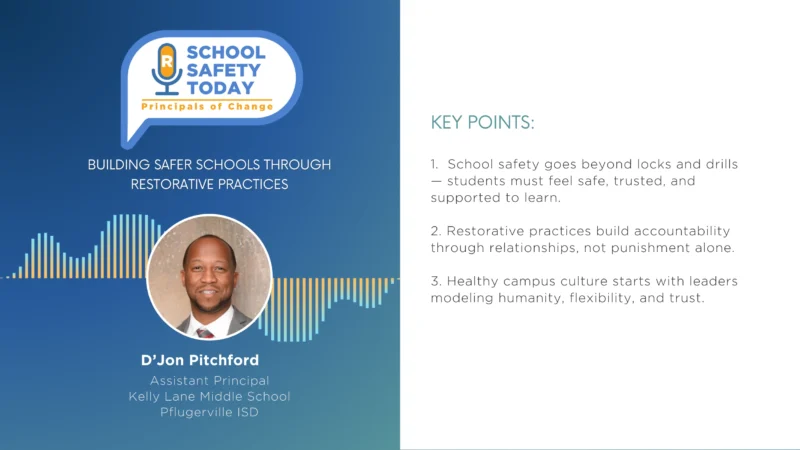Universities Need AI Skills In the Curriculum to Create Competitive Graduates
The job market is quickly evolving and at the moment AI skills are becoming a leading conversation for many industries. About three quarters of today’s employers are now seeking workers with AI skills, according to a recent Amazon Web Services study. But, employers are facing significant challenges in recruitment despite incentives to offer substantial salary increases across various departments. This intense demand is driven by AI’s potential to transform business operations and generate high returns on investment, prompting major initiatives by companies like Amazon and Microsoft to provide AI skill training and address the growing talent gap. What role will universities and higher education institutions play, though, in helping prepare the workforce with AI skills?
As more and more industries rapidly integrate AI into their operations, can universities restructure their curriculums to ensure graduates are equipped with necessary AI skills alongside traditional education? Mike Watson, Ed.D., Undergraduate Coordinator and Instructor, Senior Faculty Fellows at the Center of Integrative and Experiential Learning and Store Director and Faculty Liaison at Gamecock iHUB Apple Authorized Campus Store at the University of South Carolina, emphasized the urgent need for educational institutions to adapt and integrate opportunity to learn AI skills into their curriculum.
“If the next wave of college graduates are going to meet the demands of industries rapidly utilizing and automating their workplace with AI, universities will need to quickly adjust budgets and their vision to align investments with and in support of agile learning,” Watson said.
Article written by Alexandra Simon.








